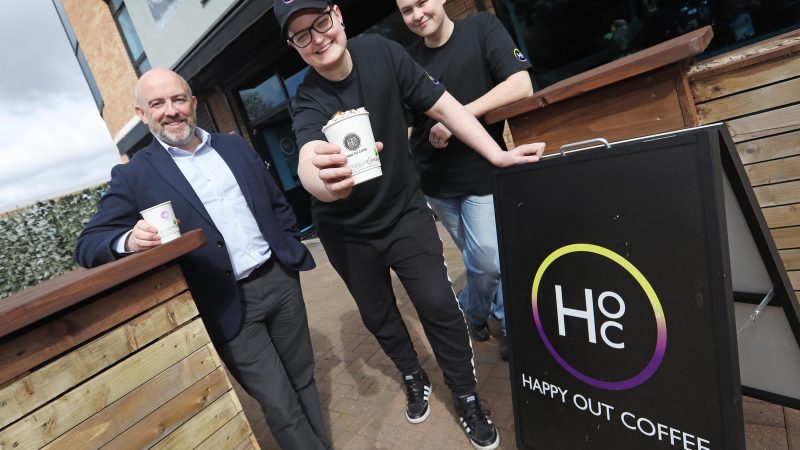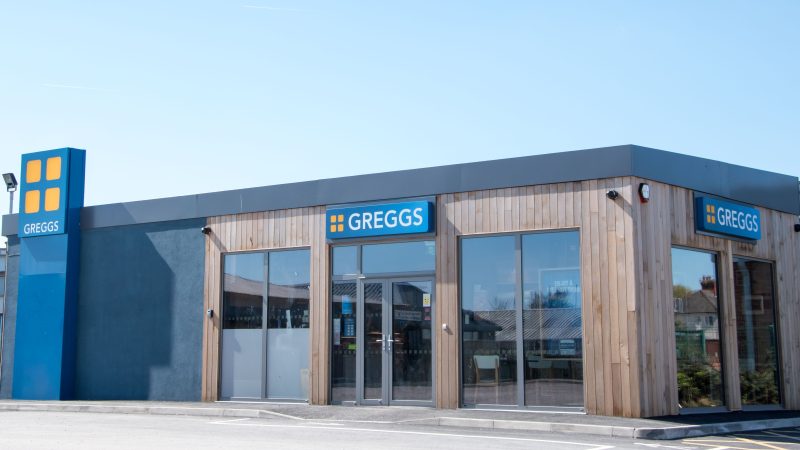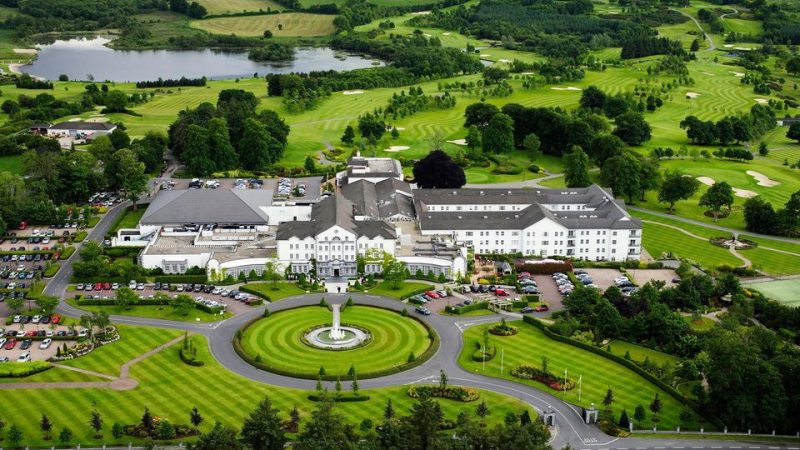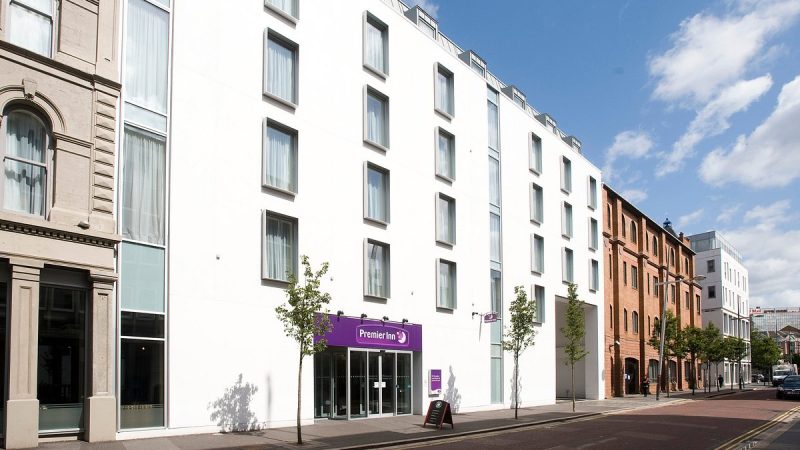Lockdown U-turn condemned by hospitality
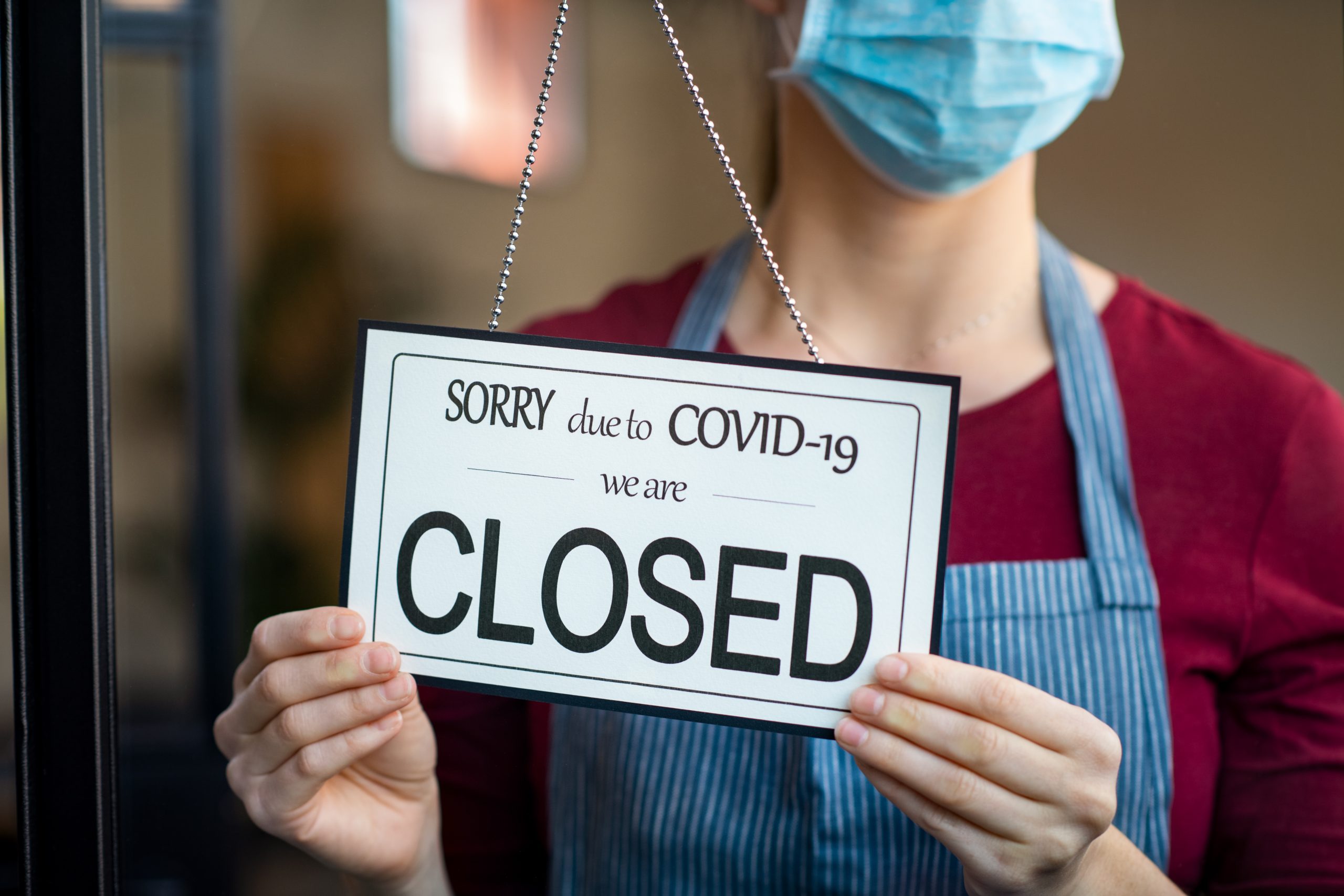
Plans for the hospitality sector to re-open to the public on November 27 have been cancelled following a dramatic and potentially devastating U-turn by the NI Executive.
Ministers have now agreed that a new two-week circuit-break lockdown will begin on that date. Hospitality venues, non-essential retail and close contact services will all be closed for a two-week period. Churches will also be shut other than for weddings and funerals where numbers will be limited.
Licensed premises will be allowed to operate takeaway services and off-licenses can remain open until 8pm each evening.
Those unlicensed premises and close contact businesses that have re-opened their doors this morning (Friday) will have to close again on November 27.
And hotels will only be allowed to offer accommodation on a restricted basis, such as work-related travel.
Announcing the measures late last night, First Minister, Arlene Foster said:
‘The Executive has been presented today with the sobering prospect of our hospitals becoming overwhelmed within weeks. It is clear that a tough, carefully timed, intervention is required to give us the best chance to have a safe and happy Christmas and further into the new year period.’
Health Minister, Robin Swann, warned that without immediate action there would likely have been a need for further restrictions later in December.
‘Without this further intervention there was a very real risk of our hospitals being overwhelmed in the run up to Christmas,’ he said following the announcement. ‘All of us now have to work really hard to achieve a happier festive season.’
But condemnation of the new measures by hospitality leaders has been swift. Hotelier, Bill Wolsey, described the Executive as ‘a coalition government run by numbskulls’.
And Hospitality Ulster’s Colin Neill declared the new opening date as ‘irrelevant’ and said that the only thing that mattered now was a rescue package for hospitality.
‘65,000 people in the hospitality industry are looking to the Executive tonight to save their jobs and livelihoods. This is no longer about a date; this is now about a multi-million-pound emergency rescue package. The sector now faces disaster,’ he said last night.
‘All trust in the Executive by the hospitality sector has been wiped away. We were told that Christmas trading would be saved, that is now gone. There is a huge amount of anger right across the hospitality industry. We have been left with no trade, no hope and a huge amount of redundancies on our hands.’
Indicating that he expected an urgent meeting to take place today with the Health Minister; the Chief Medical Officer, Dr Michael McBride and the Chief Scientific Advisor, Professor Ian Young, Mr Neill added:
‘The government now has the ultimate responsibility for funding this extended enforced lockdown and not at some paltry level, but an actual financial package that proves that the government wants to save jobs. So far we have had no indication that this is the case.’
Janice Gault of the NI Hotels Federation said that this latest announcement could mean ‘lights out’ for the hotel sector in Northern Ireland.
Calling for support to be made available to help the beleaguered sector, Janice said:
‘Having been closed for the last five weeks, hotels have not contributed to the current health crisis but have simply been sacrificed and demonised throughout.
‘The cost of the current circuit breaker is in the region of £12m. A further three-week closure may see this loss rise to as much as £20m. The sacrifice made by the hotel sector appears to have had no impact on the trajectory of the pandemic and the consequences of a further closure with no trading could be catastrophic.’
While she did concede that furlough had been ‘a blessing’ for hotels, she pointed out that they were still paying £25 to £30 per employee per week and stood to lose around £100m sales.
‘Hotels need clarity on support measures in order to be able to make informed decisions around whether or not they can remain in business,’ she continued. ‘With over 70,000 people employed in the tourism sector, ensuring that there is a sector to return to when the ‘R’ number reduces is critically important.’


